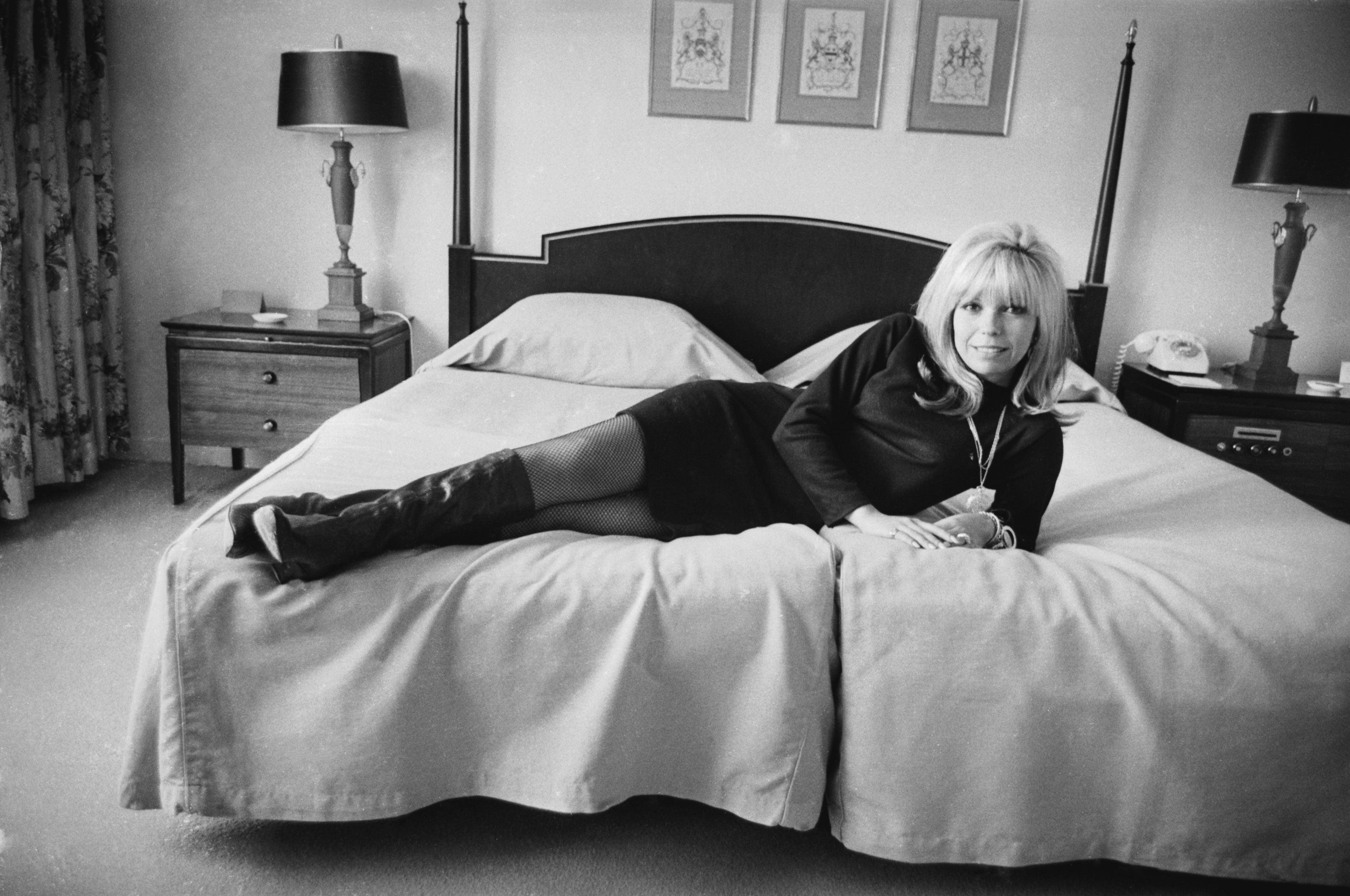Story of the Song: These Boots are Made for Walkin’ by Nancy Sinatra
From The Independent archive: Robert Webb on ‘These Boots are Made for Walkin’’ by Nancy Sinatra

When you’re the daughter of one of the world’s great singers, it takes more than just a good song to make it. Unfortunately, Nancy Sinatra barely had the voice, never mind the material. Her austere vocals left the record-buying public cold, and not even her father’s influence (she was signed to his label, Reprise) could make a hit out of any of her first few releases.
But in 1965, Reprise’s head of A&R, Jimmy Bowen, delivered her to the Texas-born Lee Hazlewood, a maverick composer and producer and the originator of the “twang” style of guitar playing made famous by Duane Eddy. To Hazlewood’s ears, Nancy’s doleful drone oozed a canny sexuality.
It proved a fruitful pairing: together they made four albums in 1966 alone. During an early session, Hazlewood and his team were killing studio time with “dirty old Texas songs”, as the producer put it. Nancy, a clean-cut New Jersey kid, had heard nothing like it. As her jaw dropped, Hazlewood’s eyes twinkled: “I said, ‘Oh, I got one. Give me the guitar.’” He strummed something he had been working on, an irresistibly catchy hook: “These boots are made for walkin’, and that’s just what they’ll do/ One of these days these boots are gonna walk all over you.” Nancy gave a broad smile. She knew it was the song for her. Mindful of who he was working for, however, Hazlewood was reluctant to let her loose on the song’s coarse colloquialisms, specifically the line, “You’ve been messin’ where you shouldn’t have been a-messin’” – a blatant euphemism for sex. But Nancy couldn’t have cared less and Frank, as it turned out, was tickled.
Key to the song is a sinister bassline, like the steps to a darkened cellar, played by Chuck Berghofer on upright, and Carol Kaye on electric, bass. Hazlewood gave one, now-famous, direction for Nancy to sing it “like a 14-year-old girl who f**** truck drivers”. The song marched its way up pop charts around the world and transformed Nancy’s image from daddy’s girl to sex kitten.
Join our commenting forum
Join thought-provoking conversations, follow other Independent readers and see their replies
Comments
Bookmark popover
Removed from bookmarks